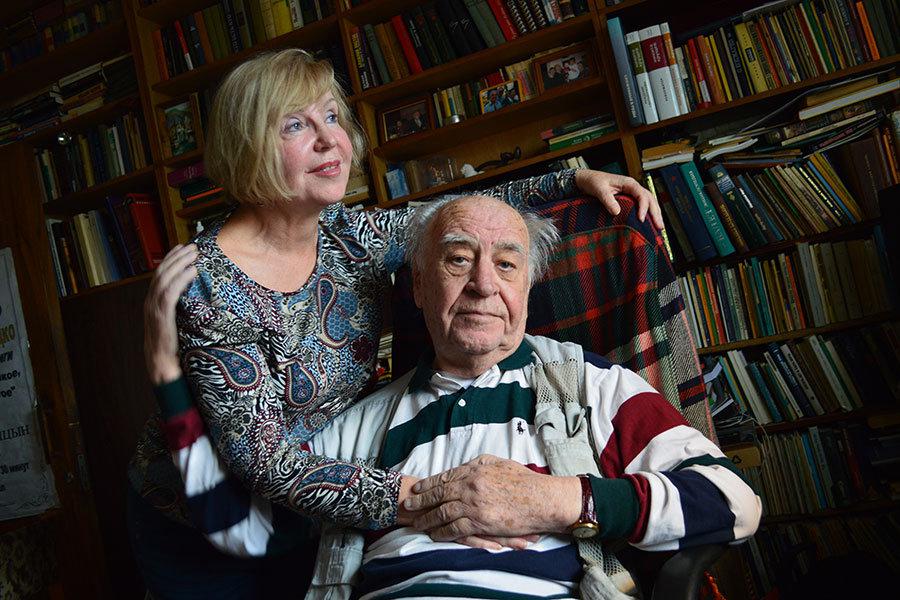One family’s divergent views of the Bolshevik revolution tell a tale of Russia’s complicated past – and present

Leonid Medvedko, a Russian historian, was born in 1928 on the winning side of history. His father, after returning from the front lines of World War I, fought victoriously with the Red Army in the Bolshevik Revolution and rose steadily up party ranks. His eldest brother, born the year Lenin died, was named Vilor after the communist revolutionary. It was one of many odd-sounding names of the era: Vilor is the acronym for Vladimir Ilyich Lenin, organizer of the revolution.
Leonid, like his father, led a privileged life in the Soviet Union. A journalist and author of several books on the Middle East – and an intelligence adviser to the Soviet military – he traveled widely, developing a sophisticated view of the world and Moscow’s place in it. “Everywhere I traveled in the world, I was treated with respect. I felt myself a person who was representing something outstanding,” says Leonid from his home library in Moscow, which is brimming with his own works and those of friends, poets, and authors, a testament to his life as a member of the Soviet intelligentsia. At age 88, he has the look – and the wild wisps of hair – of a man with much more to say.
Yet as Russia tiptoes toward the 100th anniversary of the Bolshevik Revolution on Nov. 7, his perspective on the consequences and costs to Russia of that earthshaking event is deeply complicated. And the view gets even more tangled and conflicted with each generation of his family.
Such splits are everywhere – in opinion polls, at family dinner tables, in the commentary of guides at history exhibits in the capital. Hence, as the world prepares to mark that seminal moment of the 20th century – the Great October Socialist Revolution, as it was known in Soviet times – the conspicuous silence of the Kremlin about the centenary and
You’re reading a preview, subscribe to read more.
Start your free 30 days



